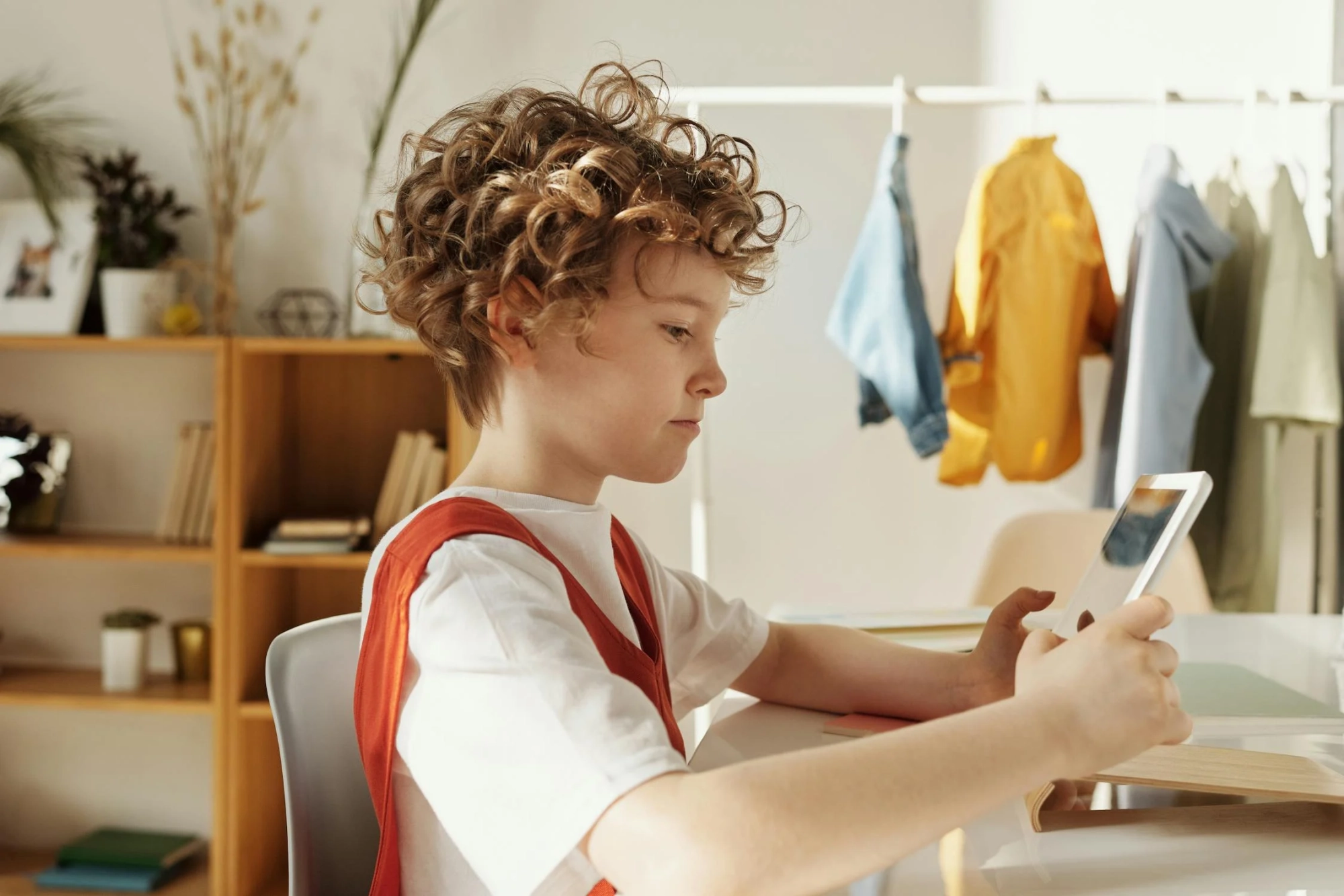Managing ADHD (Attention Deficit Hyperactivity Disorder) in children can be a challenge for both parents and teachers, especially when it comes to improving focus and attention, and regulating emotions. Fortunately, there are a variety of apps designed specifically to help children with ADHD develop these crucial skills. In this blog, we’ll explore some of the most useful apps available in Australia for improving attention, building better habits, and keeping kids on track with their daily routines.
1. FocusTraveller
FocusTraveller is an app designed to support children with ADHD by combining mindfulness, guided breathing, and focus-enhancing audio tracks to improve attention and reduce anxiety. The app is inspired by sensory tools and therapeutic techniques, helping children transition into a calmer, more focused state that is ideal for both classroom and home settings.
Features:
- Soothing soundscapes and focus music
- Guided breathing and calming exercises
- Travel-themed journeys to engage imagination
- Customisable session lengths and themes
Parents and educators across Australia appreciate FocusTraveller for its calming effect and imaginative approach. By combining sensory-friendly features with structured relaxation techniques, the app offers a gentle yet effective way to help children regain focus without pressure. The travel themes add an element of fun, making it especially appealing to young users.
For children with ADHD who benefit from sensory tools and mindfulness, FocusTraveller is a valuable companion. It’s especially helpful before starting homework, during study sessions, or when winding down after a busy day.

2. Joon
Joon is a gamified task manager created specifically for children with ADHD. It transforms everyday tasks like homework, chores, and routines into quests in a fun, video game-style app. Kids get to care for and grow a virtual pet by completing real-world responsibilities, making motivation and follow-through more engaging and rewarding.
Features:
- Customisable task lists for school and home
- Rewards system linked to a virtual pet’s progress
- Parent dashboard to assign and monitor tasks
- Visual scheduling to support routine-building
Australian families have found Joon incredibly helpful in turning daily challenges into opportunities for positive reinforcement. The combination of structure, accountability, and fun helps children feel more in control of their tasks without the usual resistance or overwhelm.
For children with ADHD who respond well to interactive and gamified learning, Joon is a smart and playful solution. It’s perfect for building habits, increasing independence, and encouraging consistent focus, one quest at a time.

3. Feelu
Feelu is an emotional wellbeing app designed to help children understand, express, and manage their feelings in a safe and interactive way. It uses simple activities and games to teach emotional literacy which is an important skill for children with ADHD who may struggle with emotional regulation and self-awareness.
Features:
- Emotion identification through fun characters and scenarios
- Guided exercises for mindfulness and gratitude
- Tools for improving empathy and kindness
- Journaling and reflection prompts
Australian families appreciate Feelu for its gentle, child-friendly approach to emotional education. The app makes it easier for kids to talk about their feelings and learn calming strategies in a way that feels playful rather than clinical.

Final Thoughts
For children with ADHD who often face big emotions and social challenges, Feelu offers a supportive space to pause, reflect, and grow. It’s a valuable tool for both home and school, promoting emotional resilience.
Managing ADHD in children requires a multi-faceted approach and technology can play a supportive role in helping kids build focus, regulate emotions, and stay on track with daily routines. Apps like FocusTraveller, Joon, and Feelu offer practical, engaging tools that complement other strategies at home and in the classroom.
If you believe an ADHD assessment could be beneficial for your child, contact Brainworks Psychology to explore assessment options.




